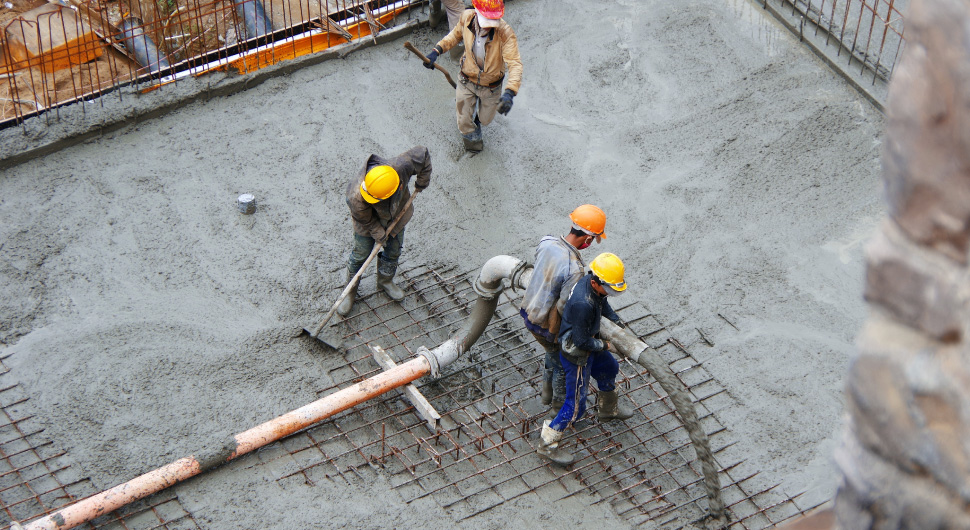-
+86 15030157877
-
sales@galvanizedmetalmesh.com
gru . 25, 2024 15:31 Back to list
Durable Wire Fencing Solutions for Sheep Farms and Livestock Protection
The Importance of Fence Wire Mesh for Sheep Farming
Sheep farming is a vital part of agriculture that provides valuable resources including wool, meat, and milk. To ensure the health and safety of sheep, proper fencing is essential. One of the most effective types of fencing for sheep farms is the fence wire mesh. This article explores the benefits of using wire mesh fencing for sheep, its applications, and best practices for installation and maintenance.
Why Choose Wire Mesh Fencing?
Wire mesh fencing is a popular choice among sheep farmers due to its durability, versatility, and cost-effectiveness. Unlike traditional wooden or barbed wire fences, wire mesh provides a secure barrier without the risk of entanglement or injury for the animals. This is particularly important for sheep, as their natural curiosity often leads them to investigate their surroundings, which can sometimes put them at risk when caught in inappropriate fencing.
One of the standout features of wire mesh fencing is its ability to keep predators at bay. Sheep are relatively defenseless against predators such as dogs, coyotes, and foxes. A well-constructed wire mesh fence can act as an effective deterrent against these threats, ensuring the safety of the flock. Some wire mesh fences even come with features such as buried skirts to prevent digging, providing further protection from ground predators.
Applications of Wire Mesh Fencing
Wire mesh can be used in various settings on a sheep farm. It is commonly used to enclose pastures, protecting sheep from roaming onto roads or into areas where they could be harmed. Additionally, wire mesh fencing is effective for creating separate enclosures for different groups of sheep, such as lambs, ewes, and rams. This separation is crucial for managing breeding and ensuring the health of the animals.
fence wire mesh farm sheep

Moreover, wire mesh fencing can be utilized to create safe feeds or supplement stations where sheep can be fed without the risk of wandering away. Farmers can control the feeding areas to optimize nutrition and manage flock movements, which is vital for maintaining the overall health and well-being of the sheep.
Installation and Maintenance of Wire Mesh Fencing
Installing wire mesh fencing requires careful planning and execution to ensure it fulfills its purpose effectively. Begin by measuring the area to determine the amount of fencing material needed. The wire mesh should be of high quality to withstand the elements and the pressure exerted by the sheep.
When setting the posts, ensure they are securely placed in the ground at intervals of approximately 8 to 12 feet, depending on the terrain and specific requirements of the flock. It is essential to stretch the wire mesh tight to avoid sagging, which could provide gaps for sheep to escape or predators to enter.
Once installed, regular maintenance is crucial. Periodically check the fencing for signs of wear and tear, including rust or damage from weather conditions. Ensure that there are no sharp edges that could harm the animals. A well-maintained fence not only ensures the safety of your flock but also extends the life of the fencing material.
Conclusion
In conclusion, wire mesh fencing is an invaluable asset for sheep farmers, offering durability, safety, and versatility. By investing in quality fencing and adhering to proper installation and maintenance practices, farmers can create secure environments for their sheep, promoting health and productivity in their flocks. As agriculture continues to evolve, maintaining high standards of safety and management for livestock remains a top priority, and wire mesh fencing plays a pivotal role in achieving that goal.
-
Stainless Steel Wire Mesh Roll Wholesale & Manufacturers – Quality Exporters
NewsJul.26,2025
-
High Quality 3D Curved Welded Wire Mesh Fence for Security and Aesthetics
NewsJul.25,2025
-
High-Quality Security Window Screen Mesh for Home & Office Protection
NewsJul.24,2025
-
Hexagonal Gabion for River Bank Protection and Retaining Walls
NewsJul.23,2025
-
High Quality Stainless Steel Wire Mesh Roll & Supplier Wholesale Price
NewsJul.22,2025
-
Hexagonal Gabion Mesh: Durable Stone Cages for Landscaping
NewsJul.22,2025



